Understanding the intricacies of your heart’s performance can be a pivotal step towards maintaining a healthy and vibrant life. One such diagnostic tool that has proven invaluable in this pursuit is the Dobutamine Stress Echocardiography Test. It allows doctors to see how well your heart works during activity and stress. They can help detect heart problems that may not be apparent when your heart is at rest. If your doctor has prescribed this test and you are looking for a reliable Dobutamine Stress Echocardiography Clinic Near Me, head to North Queensland Cardiac Clinic in Pimlico, Australia.
At NQCC, our expert cardiologists, Dr Dharmesh Anand, Dr Raibhan Yadav, and other professionals, can conduct accurate and safe cardiac diagnostic tests. Reach out to us for the best quality Dobutamine Stress Echocardiography Test.
Now, let’s explore why this test is a critical component in the evaluation of heart health and how it can provide vital insights that other tests may not.
- Probing Beyond the Surface
- Unearthing Hidden Anomalies
- Tailored for a Variety of Patients
- Enhancing Treatment Decision-Making
- Empowering You with Knowledge
Probing Beyond the Surface:
When it comes to assessing heart health, surface-level observations can only reveal so much. The Dobutamine Stress Echocardiography Test goes beyond the exterior and provides a dynamic view of your heart’s functionality. By inducing stress, either through medication or exercise, and simultaneously using ultrasound imaging, this test offers a real-time assessment of how your heart responds to increased demands.
Unearthing Hidden Anomalies:
Some cardiac conditions may not manifest at rest but become apparent only under stress. It is where the Dobutamine Stress Echocardiography Test shines. It can unmask hidden anomalies like coronary artery disease or ischemia that may not be evident in a standard resting echocardiogram. This additional layer of information can be instrumental in early detection and intervention.
Tailored for a Variety of Patients:
One of the remarkable aspects of this test is its adaptability. For individuals who may face challenges in performing traditional exercise stress tests, such as those with mobility issues or certain medical conditions, the Dobutamine Stress Echocardiography Test offers a viable alternative. By using a medication called dobutamine, it simulates the effects of exercise on the heart, providing a comprehensive assessment regardless of physical limitations.
Enhancing Treatment Decision-Making:
For individuals with known heart conditions, this test plays a crucial role in guiding treatment decisions. By evaluating how the heart responds to stress, healthcare providers can fine-tune treatment plans and adjust medication dosages. They can also recommend interventions like angioplasty or bypass surgery if necessary. This tailored approach can lead to more effective management of cardiac issues.
Empowering You with Knowledge:
Knowledge is a powerful ally in the journey towards optimal health. The insights gained from a Dobutamine Stress Echocardiography Test empower you with a deeper understanding of your heart’s capabilities and limitations. With the help of this information, you can make informed decisions about your lifestyle, medication regimen, and overall cardiac care.
Final Thoughts
In the realm of cardiac health, precision is paramount. The Dobutamine Stress Echocardiography Test is a beacon of precision, offering a dynamic and comprehensive view of your heart’s performance. By unearthing hidden anomalies, providing an alternative for those with physical limitations, and guiding treatment decisions, it stands as a crucial tool in the pursuit of a healthy heart. Embrace the power of knowledge, and consider discussing the potential benefits of this test with your healthcare provider. It may just be the key to unlocking a healthier, more vibrant you. If you are looking for a safe and accurate Dobutamine Stress Echocardiography Clinic Near Me, visit North Queensland Cardiac Clinic, a reputed Dobutamine Stress Echocardiography Test Clinic Pimlico, Australia, today.

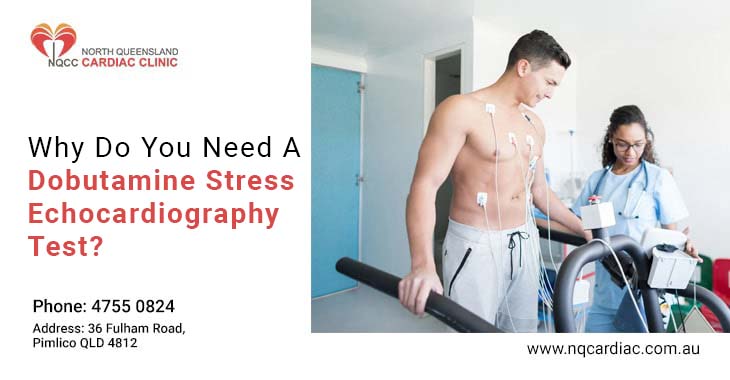
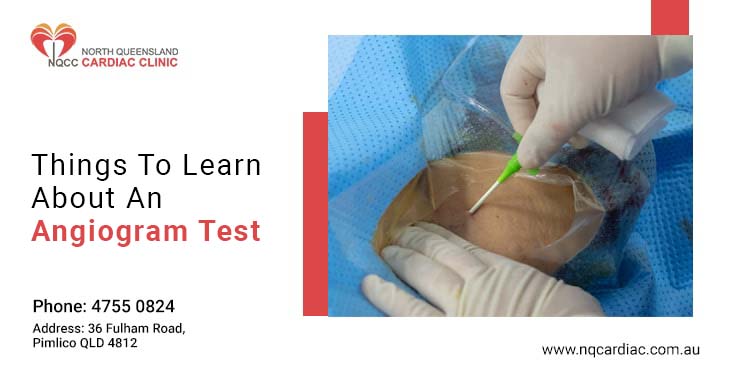
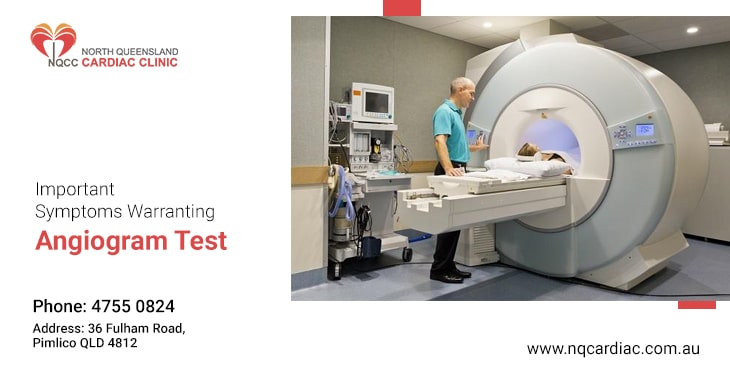
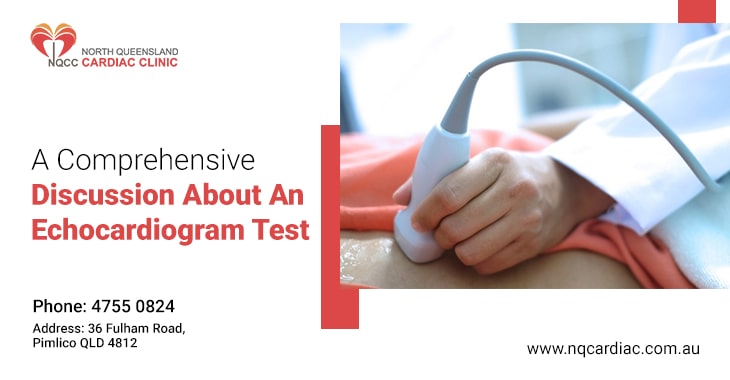
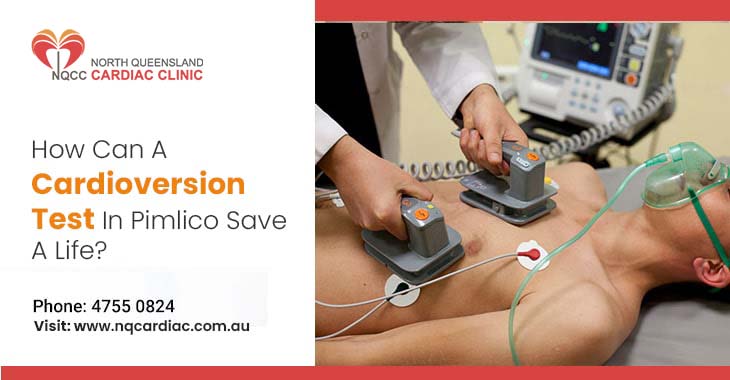
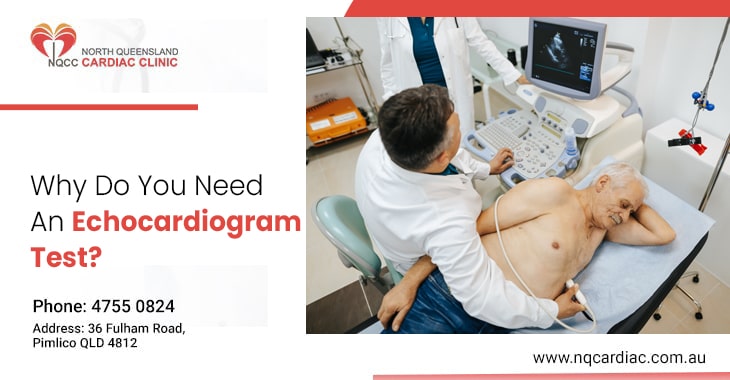
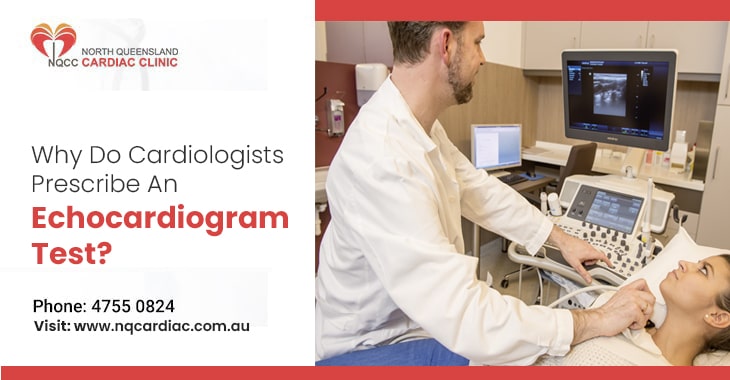
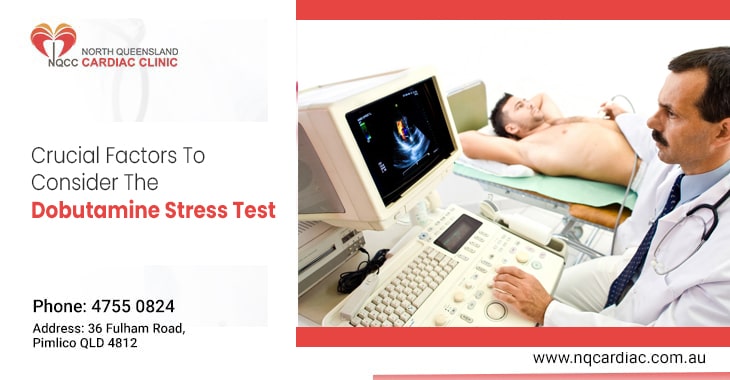
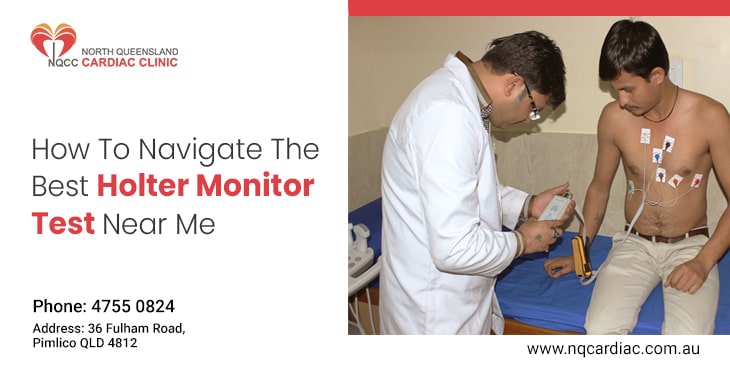
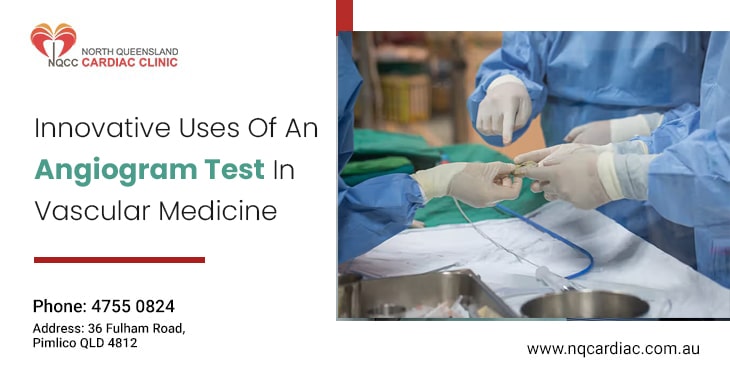
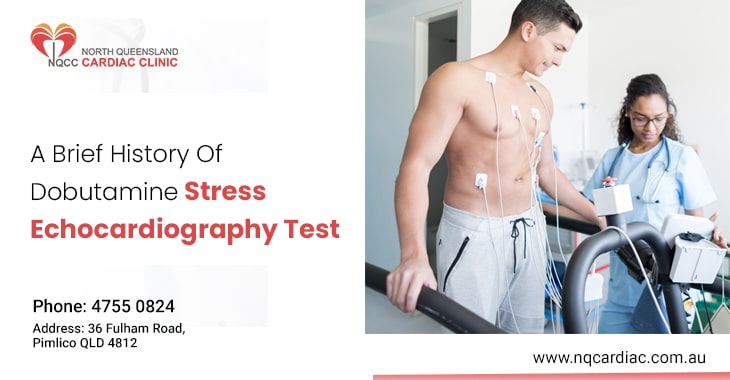
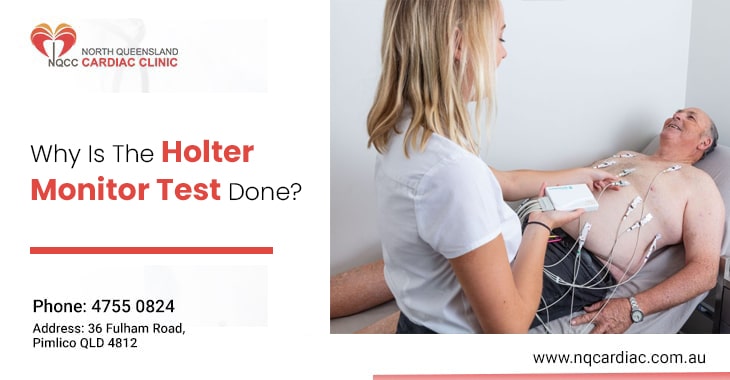
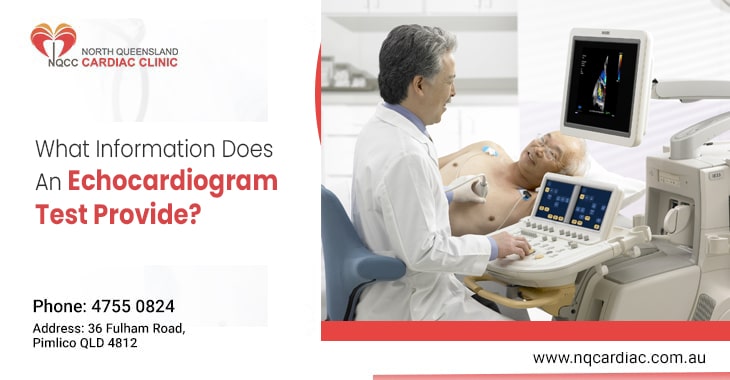
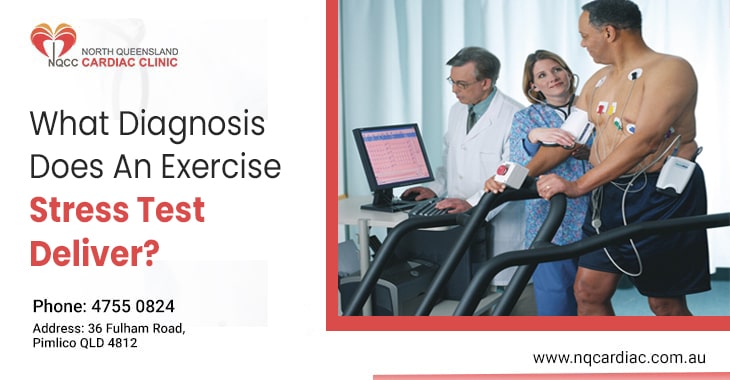
Recent Comments